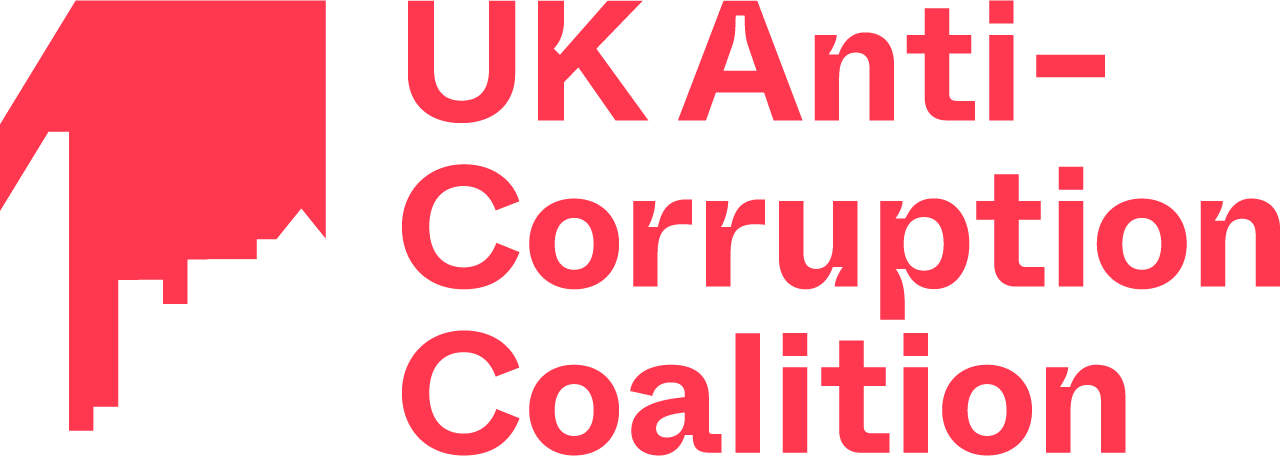Press release: New sanctions welcome, but more action needed to tackle corrupt funds in the UK.
22 July, 2021 - New sanctions to tackle corruption abroad are welcome, but the UK urgently needs to get serious about a more holistic approach to tackling UK money laundering of ill-gotten gains if the regime is to have credibility, says NGO coalition.
“We want the UK’s anti-corruption sanctions regime to be ambitious and the announcement of five new designations is a step in the right direction. While the FCDO should be commended for their use of sanctions to tackle corruption, it is getting harder to ignore the disconnect between the vision for Global Britain and the UK’s dismal domestic record. If the UK wants to have credibility on the global stage, it urgently needs to provide greater transparency and sufficient enforcement resources to make the wider goal of sanctions work, and prevent the UK being used as a safe haven for ill-gotten gains.
For too long, the opacity provided by Britain's lax company law and its secretive offshore financial centres has made it possible for the corrupt to move, hide and defend their ill-gotten gains, with luxury UK property being a favoured destination. While successive governments have pledged to clamp down on those seeking to launder dirty money through our economy, key reforms that would help deliver against this promise are long overdue. Inaction on corporate transparency in the UK and its secrecy havens undermines the effectiveness of the government's new corruption sanctions regime.”
UK Anti-Corruption Coalition
Today’s announcement of the second tranche of designations under the Global Anti-Corruption Sanctions Regime is welcomed by a coalition of the UK’s leading anti-corruption organisations.
We welcome the designation of Zimbabwean businessman Kudakweshe Tagwirei. An investigation by The Sentry has previously shown how Tagwirei’s business track record reveals a pattern of accusations of privileged access and special treatment. The designation of Teodoro Obiang Mangue, the Vice-President of Equatorial Guinea and son of the President, is a welcome targeting of senior members of a serving government and is the right kind of ambition for the UK’s sanctions regime.
However, the ultimate test of this regime is whether there have been real costs for corrupt actors. We need more transparency on assets frozen, independent oversight of the regime, and more resources for enforcement. We urge the UK Government to take the following steps:
Provide sufficient resources to the National Crime Agency and the Office of Financial Sanctions Implementation(OFSI) to ensure sanctions are proactively enforced, and to the Foreign Commonwealth and Development Office team to investigate allegations of corruption.
Consult on the creation of an Independent Expert Advisory Group to advise the Foreign Secretary on implementation of sanctions, ensure objective criteria are applied consistently, and review delistings.
Introduce a system allowing for non-governmental actors including Parliamentarians, civil society and the private sector to provide information about corrupt actors, via a secure portal.
Commit to full transparency about the use of sanctions, including quarterly reporting to Parliament about amounts frozen, visas denied, types of assets frozen and requests for delisting.
Apply targeted sanctions to networks of actors who threaten the rule of law, democracy, peace and stability and their enablers, coupled with strong and consistent messaging and multilateral cooperation where possible.
At the same time, the regime’s credibility is being undermined by the UK Government’s failure to address widespread concerns about standards in public life, undue influence through lobbying, probity in public contracting, and weaknesses in the UK’s defences against dirty money. Inaction is no longer an option. We outline how the UK Government can tackle corruption, both at home and abroad, in Fighting Corruption: Agenda for 2021.
